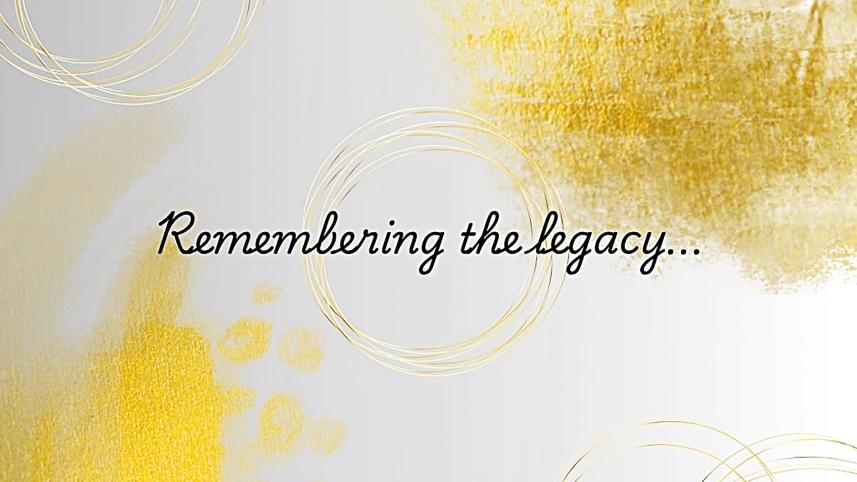Founder editor of Dhaka Law Reports and pioneer of legal journalism

Thirty-eight years ago, on the 7th day of August, the founder editor of Dhaka Law Reports (DLR) Obaidul Huq Chowdhury, left this mortal world for his eternal abode. Today, we remember him with a deep sense of reverence. He founded the DLR to project the views of the then Dhaka High Court on legal jurisprudence.
The late Mr Chowdhury breathed his last at 8 pm (GMT) on 6 August 1987 in London. The DLR was virtually orphaned by his sad demise. He was a torchbearer of legal learning and also the father of legal journalism in this country. A gentle legal colossus as he was, he kept the flame of legal learning and research burning for nearly four decades. Indeed, it has been enormously difficult to fill the vacuum he left behind.
Late Mr Chowdhury was born in a noble Muslim family of the then Noakhali (at present Feni) in 1903. He began his career as an Advocate of the Calcutta High Court in 1935. After the partition of India and Pakistan in 1947, he came over to Dhaka and joined the University of Dhaka as a lecturer at the Department of Law. While practising law at the Dhaka High Court, he felt the necessity for founding a law journal to meet the emerging needs of a young independent nation. Thus, was born the country's first and premier law journal in 1949. This law journal played a unique and dynamic role in shaping the legal thoughts and ideas of this country through its editorials over the years. It is often said that he also profoundly influenced the course of judicial navigation for the past four decades.
Obaidul Huq Chowdhury founded the Dhaka Law Reports to project the views of the then Dhaka High Court on legal jurisprudence.
Mr. Chowdhury was at the vanguard in the fight for the independence of the judiciary and the rule of law. He boldly ventilated his illuminating views and ideas against executive excesses towards curbing the independence of the judiciary. He has had to his credit copious editorial comments exposing such unfortunate excesses that resulted after the Fourth Amendment of the Constitution that introduced one-party rule. To the question of decentralisation, the octogenarian editor showed great anxiety, and he consistently termed the whole scheme to be ill-advised.
He played his role as the editor of the prime law journal as guardian and guide. The journal section of this publication is filled with articles and comments on various legal matters. How much society has benefited from such writings calls for different inquiry, but he never fell behind in playing his part, going at times to the extent of waging war against undesirable laws.
This, he used to do in no half-hearted manner. His efforts were well-thought, consistent, and prudent. Illustrative in this context is his stance on the amendment brought through section 339C of the Code of Criminal Procedure 1898. He published a series of writings on the matter, arguing at one point that it made no sense for the accused to be released after a prolonged trial, only for it to be later claimed that the release order did not amount to an acquittal. He noted that the courts of law have to deal with human affairs, and it is not possible to anticipate how much time the disposal of a case might take as there are various factors involved potentially making any such prediction unreliable.
The editorial notes that he wrote tirelessly bear testimony to his outstanding legal research and vast erudition. The various commentaries across different branches of law manifest his great learning and scholarship in the domain of law.
Mr Chowdhury is no more with us. In remembering him on this solemn occasion, we believe the DLR will continue its journey to fight against the dark corners of our legal sphere, following the path he has shown to us. May his living example inspire us to emulation. We pray for his eternal peace.
The writer is Senior Advocate, Supreme Court of Bangladesh, and Editor of Dhaka Law Reports (DLR).



 For all latest news, follow The Daily Star's Google News channel.
For all latest news, follow The Daily Star's Google News channel.
Comments